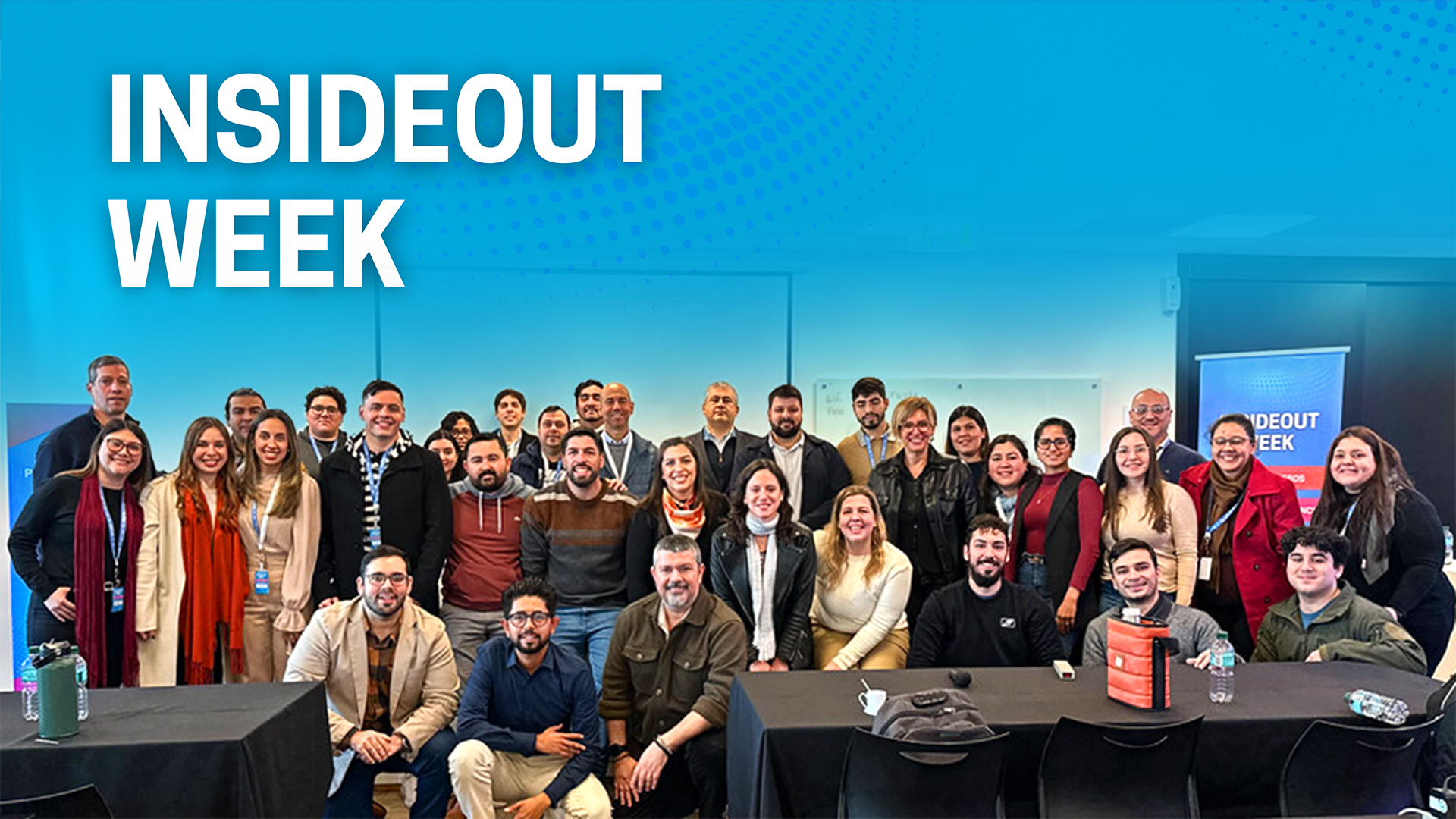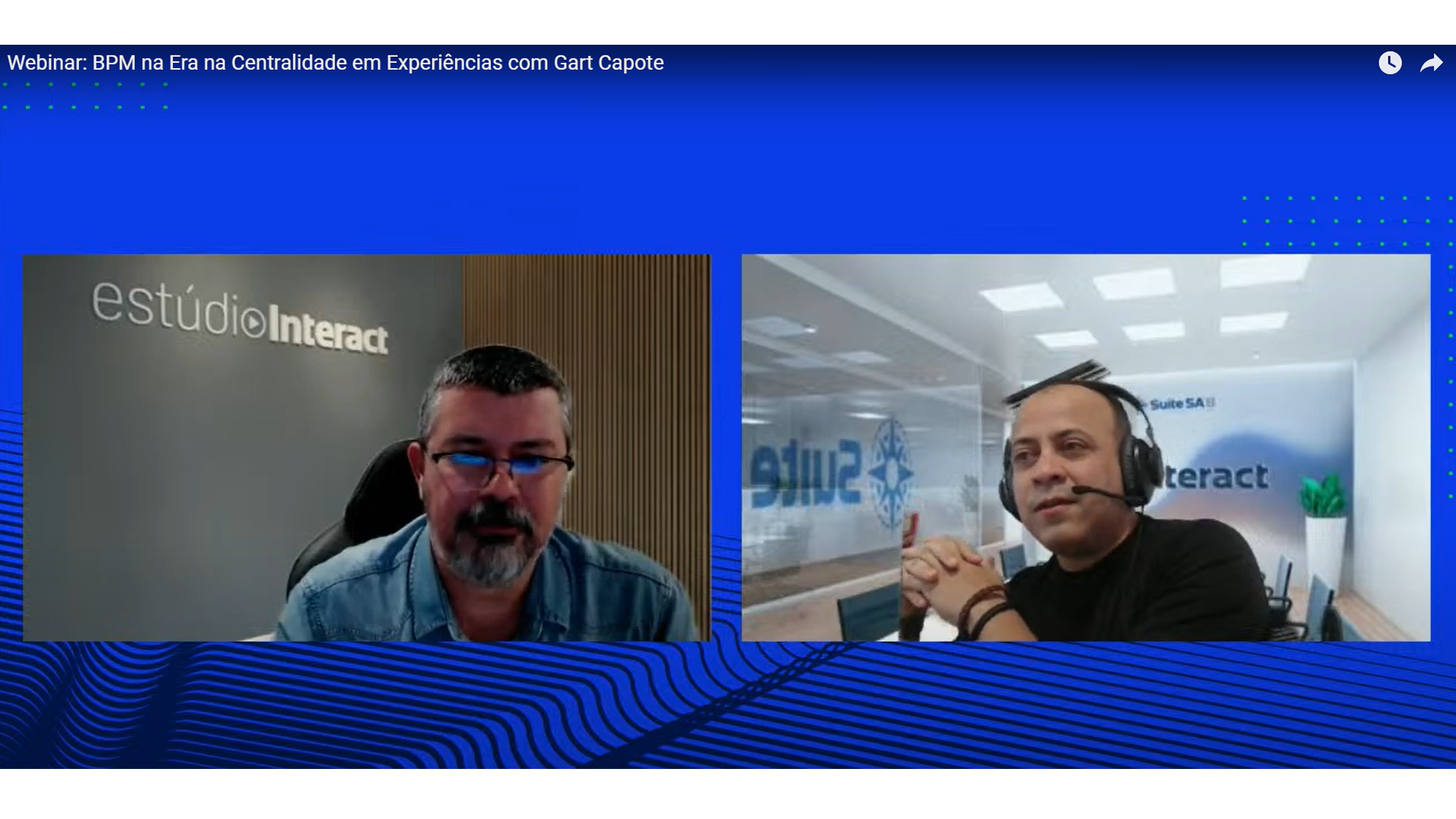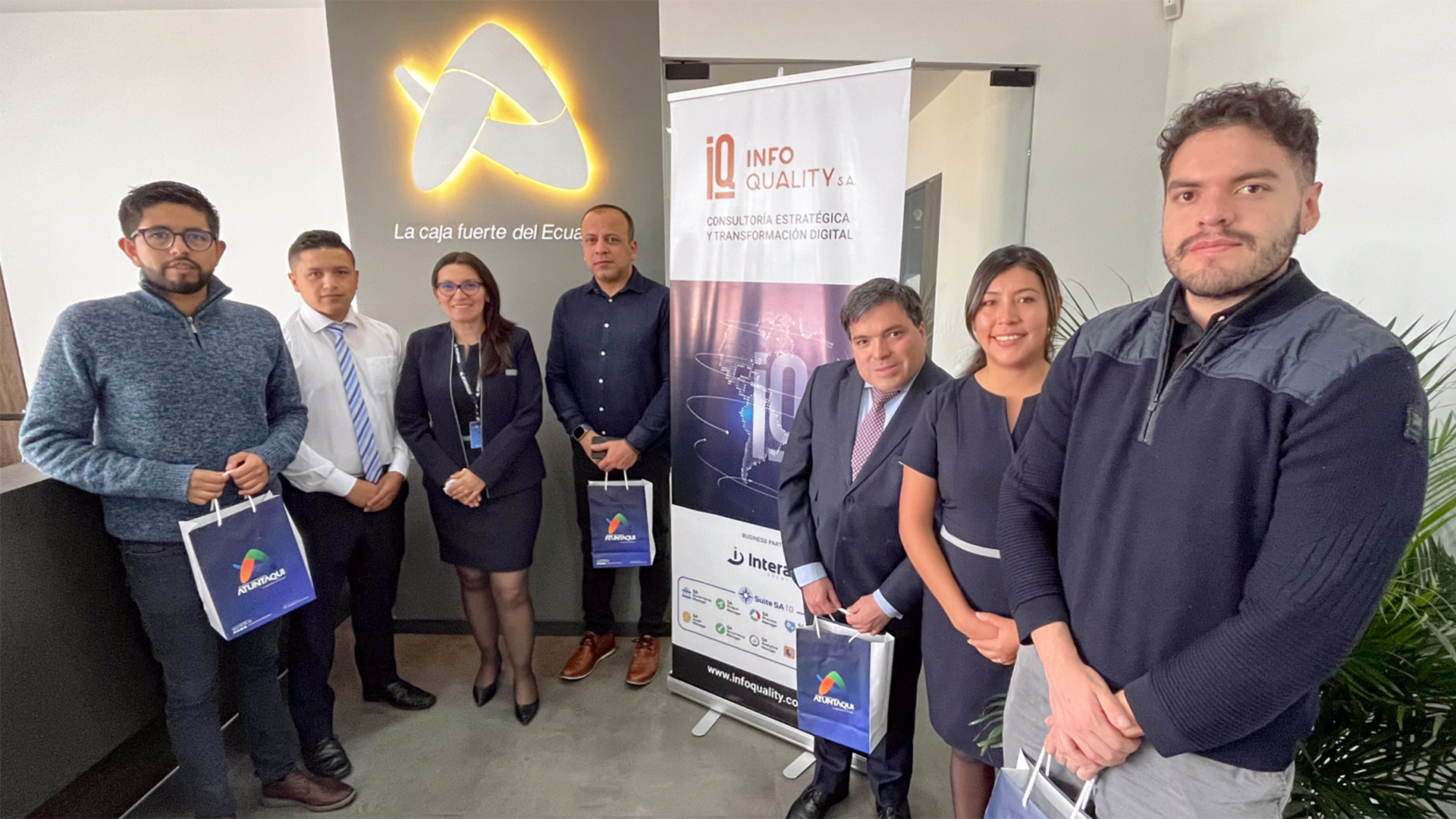
Regional organizations adopt tools of the 4th Industrial Revolution to optimize processes. Univates’ technology center enhances transformations.
The business world is experiencing a revolution. The so-called Industry 4.0 has transformed the way people see, plan and interact with the business world. Created in Germany, the concept refers to the reorganization of industrial processes based on high technology and systems that automatically communicate with each other in order to optimize the entire production chain.
It is based on the fusion between the dynamics of the physical world and the universe created from the advent of the Internet. The changes involve concepts of robotics, communication networks, data processing and the use of sophisticated algorithms as support for decision making in management.
In addition to a great impact on organizations, this new way of developing business also has consequences for the world of work. Digitization requires skilled labor with high levels of productivity, which can lead to a reduction in the workforce of companies. At the same time, process optimization reduces consumption and waste of resources, contributing to sustainability.
The moment of transition requires investment. The change of technology is accompanied by new ways of establishing strategies, processes and practices. Despite the risk linked to the cost of this transformation, being unprepared for the changes from industry 4.0 can be even riskier.
Chief technology officer of Interact, specializing in systems for strategic solutions and corporate intelligence. Thomas Spriesterbach came from Germany to Lajeado in the late 1990s. According to him, vale’s potential for the technology market was already recognized since that time.
According to Spriesterbach, one of the main concepts needed to understand this moment is innovation. According to him, innovation needs to be part of the daily life of companies, in order to ensure a constant improvement of processes and products.
“It is not an issue applied solely to information technology companies. Innovation is part of the daily life of traditional industries, such as automotive for example,” he points out. In the case of cars, it reminds that every year new models are launched with innovative and technology-based devices.
Based on these concepts, Interact has consolidated itself as one of the references of the Information Technology sector. Established in 1999, the Lajeado-based company provides products and services in eight Latin American countries and is preparing to expand to North America and Europe.
The company is an example of how the Taquari Valley can position itself at the center of the technological revolution. Among the advantages of the region are the entrepreneurial characteristics and the offer of innovation mechanisms provided by the Univates Technology Center, in addition to the support of the entities of the business sector.
Startup Challenges
Startups are the embodiment of the technological revolution. They are companies whose business model is repeatable, scalable and with high capacity to grow and generate value in an environment of uncertainty. The seemingly complicated concept is one of the main bets for development through technology. Therefore, it is the subject of a series of events aimed at entrepreneurship.
Next weekend Univates will host the 4th edition of Startup Weekend, an event that encourages the development of innovative companies. There will be 54 hours of lectures, workshops and activities that aim to transform ideas into business.
The university addressed the concept on a panel on Thursday. Three entrepreneurs presented the history of their startups and talked about the advantages and challenges of this business model.
Ezekiel da Rosa presented Piipee, a product developed by him to reduce the use of water in toilets. The idea came about after realizing the amount of water used in the discharges to eliminate urine and research the complexity and cost of existing systems.
“The intention was to make a simple and low-cost product that neutralizes urine without the need to use the discharge,” he points out. Rosa began to study and develops chemical formulations until she found the Piipee formula and came up with two forms of application: by spray and an automatic dispenser.
The entrepreneur launched a web page with the pre-launch of the product, but the purchase intentions were minimal, until linking a story about Piipee in a magazine of great circulation.
“I went to sleep one day, and the next my voicemail was full of orders, but we didn’t have the product,” he says. Faced with a great demand, Rosa decided to open the pre-sale, with the promise of delivering the orders in two months.
Since then, the company has grown rapidly and today has more than 400 customers throughout the country, including large companies such as Vale do Rio Doce and Companhia de Energia do Ceará, and has become a national reference in innovation.
The student of information systems at Univates, Rodrigo Oliveira spoke about the company Requisittus, of which he is a partner. According to him, the idea of the business, to create a system of evaluation research and consumer behavior came during the first edition of Startup Weekend, in 2014.
In addition to his studies and his own company, Oliveira also works at another firm in the computer sector. “My goal is to soon get to support myself only with the business,” he says. According to the student, one of the main difficulties is precisely to reconcile the company, studies and work.
“I postponed the delivery of the CBT for two years,” he said. According to him, the product is beginning to enter the market after years of development. According to Oliveira, today the main challenge of the company is to gain space in the market.
“Today we have customers only in Lajeado, but our intention is to expand the business next year,” he said. Because it is an online system, he points out, it is possible to apply it anywhere in the world.
Owner of the signing club Goodbye Routine, programmer Maicon Esteves had several entrepreneurial initiatives before creating the company, which offers box shipping service with accessories, activities and erotic information for couples.
He pointed out the mistakes and successes along the trajectory by the different companies he founded. The idea of creating the service came after reading a news report on a website focused on entrepreneurship. “I saw a story about a similar service in the United States that was the most talked about of the month and decided to pitch the idea here.”
Using the logic of the internet, Esteves created a low-cost marketing strategy, through posts and content production to be served on influencer pages with a large number of followers.
From 2014, when it was founded, to date, the company has impacted more than 15,000 people and delivers monthly kits to 5,000 couples of different sexual orientations. For Esteves, persistence and the search for innovative solutions to everyday problems were responsible for the success of the business.
“People are waking up to this need”
“It takes time for people to recognize this need,” he warns. On the other hand, he recalls that it was not so long ago that the concept began to be debated in the region, which demonstrates the progress of this process.
“People are waking up to this need,” he says. According to her, Univates and other business entities play an important role in this regard. In the case of the university, he points out, one of the functions is to ensure the training of professionals for the technology market.
“Students in the areas related to the theme are prepared to build knowledge,” he says. In the case of trade associations and Tecnovates themselves, it emphasizes the importance of being instigators of the discussions. “Talking to the people of the region about this reality will make more and more people understand where their business is part of it.”
“Consumers understood the crisis before companies”
Elected as the Economist of the Year 2016 by the Economic Council of RS, Patrícia Palermo was in Santa Clara do Sul on Tuesday, 21. A PhD in Applied Economics from UFRGS and a university professor at ESPM/São Francisco de Assis and Uniritter, Patrícia wrote the books A Crise Econômica Internacional e os Impactos no Rio Grande do Sul and O Rio Grande Tem Saída?
The economist gave the closing lecture of the Santa Clara Tem Valor program, which aims to qualify local trade, increase revenue and strengthen the municipality’s economy. According to Mayor Paulo Cezar Kohlrausch, the project began in August and had great popular support.
Kohlrausch presented research data on the behavior of consumers in the municipality. Of 531 respondents, 98% said they bought in local commerce, but 85% also said they shopped outside the city. The number of consumers who buy through the internet reaches 32%.
Among the reasons to buy out of town, the main notes were lower price, more variety, promotions and service.
Text provided and served by:
Thiago Maurique – Jornal A Hora



